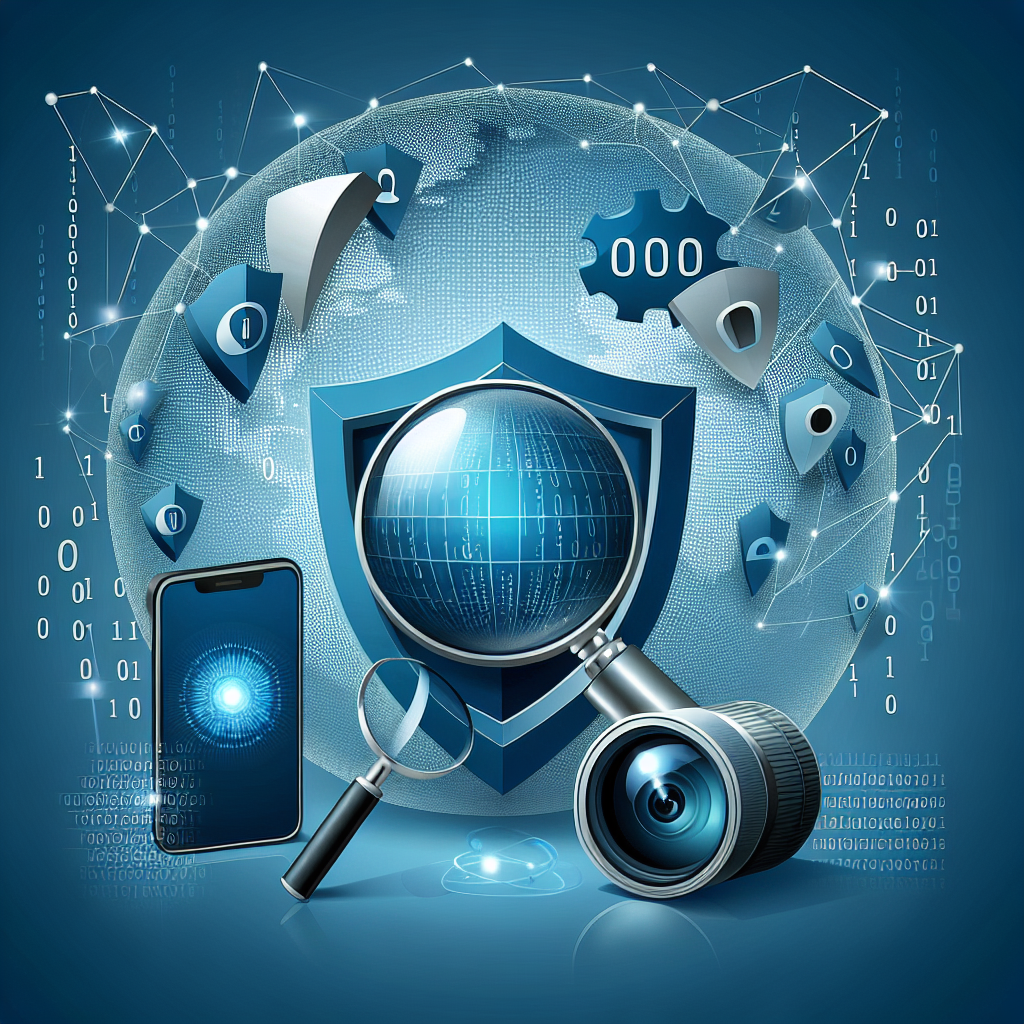Understanding the Role of Cisco in Network Security Threat Detection and Prevention
In today’s digital age, network security is more important than ever. With the rise of cyber threats and attacks, organizations need to be vigilant in protecting their data and systems from potential breaches. One company that plays a crucial role in network security threat detection and prevention is Cisco.
Cisco is a global leader in networking technology and has been at the forefront of developing innovative solutions to help organizations protect their networks from cyber threats. The company offers a range of products and services that help organizations proactively detect and prevent security threats in real-time.
One of the key aspects of Cisco’s network security solutions is its threat detection capabilities. Cisco uses advanced threat intelligence and machine learning algorithms to analyze network traffic and identify potential security threats. By constantly monitoring network activity, Cisco can quickly detect and respond to suspicious behavior, helping organizations prevent security breaches before they occur.
In addition to threat detection, Cisco also offers a range of preventive measures to help organizations strengthen their network security. This includes firewall solutions, intrusion prevention systems, and endpoint security solutions that help organizations secure their network infrastructure and devices from potential cyber threats.
Cisco’s network security solutions are designed to be integrated and scalable, making it easy for organizations to deploy and manage their security infrastructure. This allows organizations to adapt to the evolving threat landscape and stay ahead of cyber attackers.
Overall, Cisco plays a crucial role in network security threat detection and prevention by providing organizations with the tools and technologies they need to protect their networks from cyber threats. With Cisco’s advanced threat detection capabilities and preventive measures, organizations can have peace of mind knowing that their data and systems are secure.


